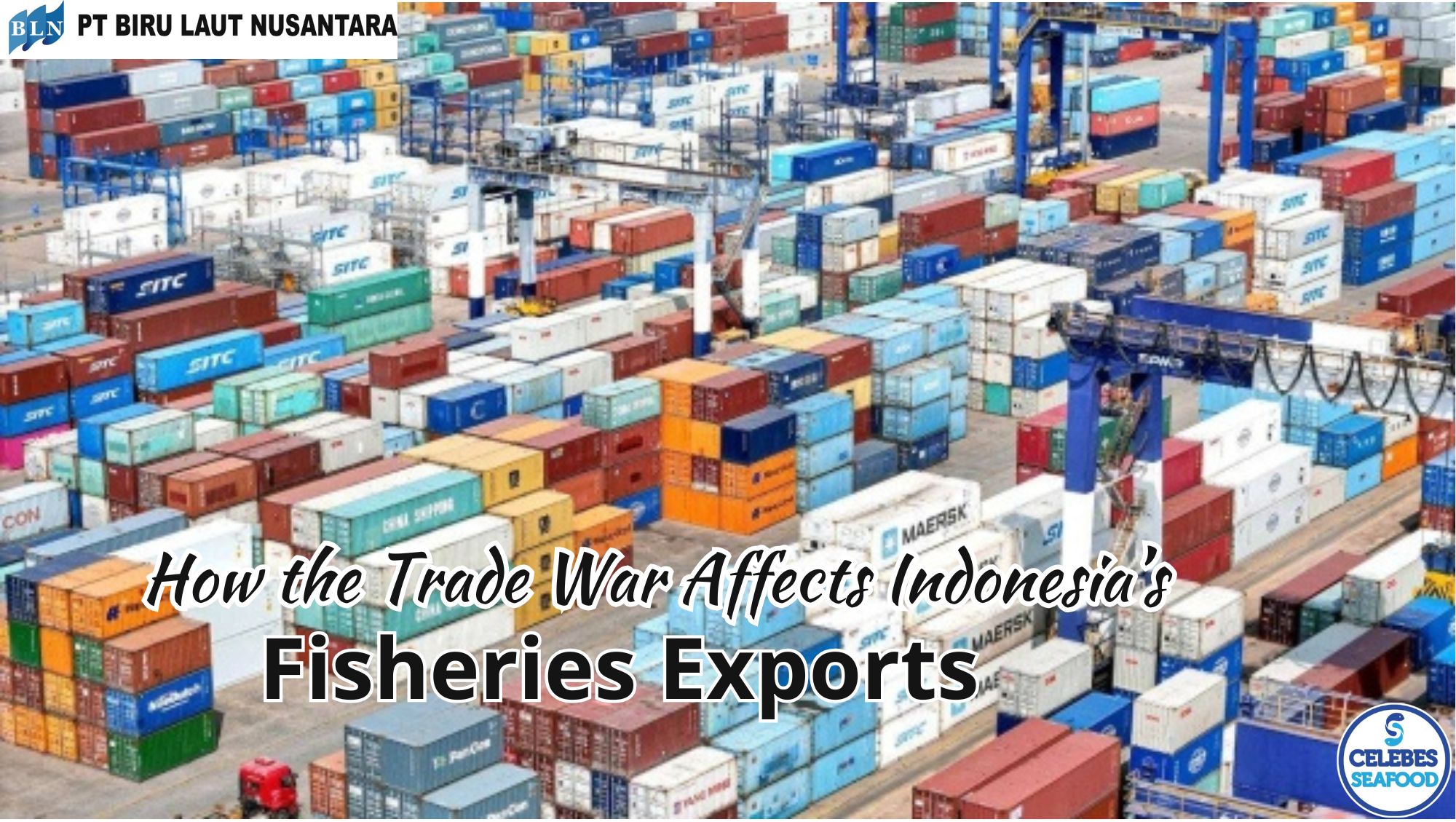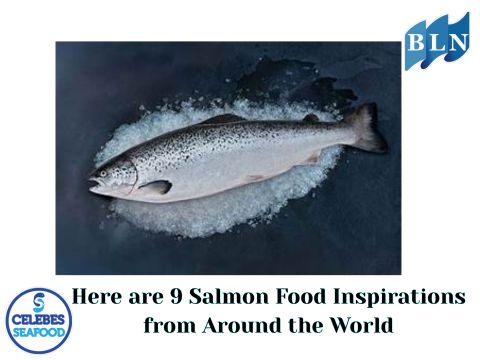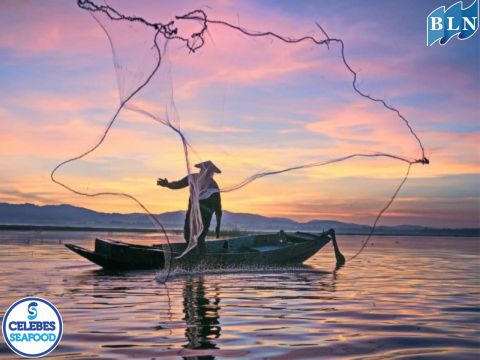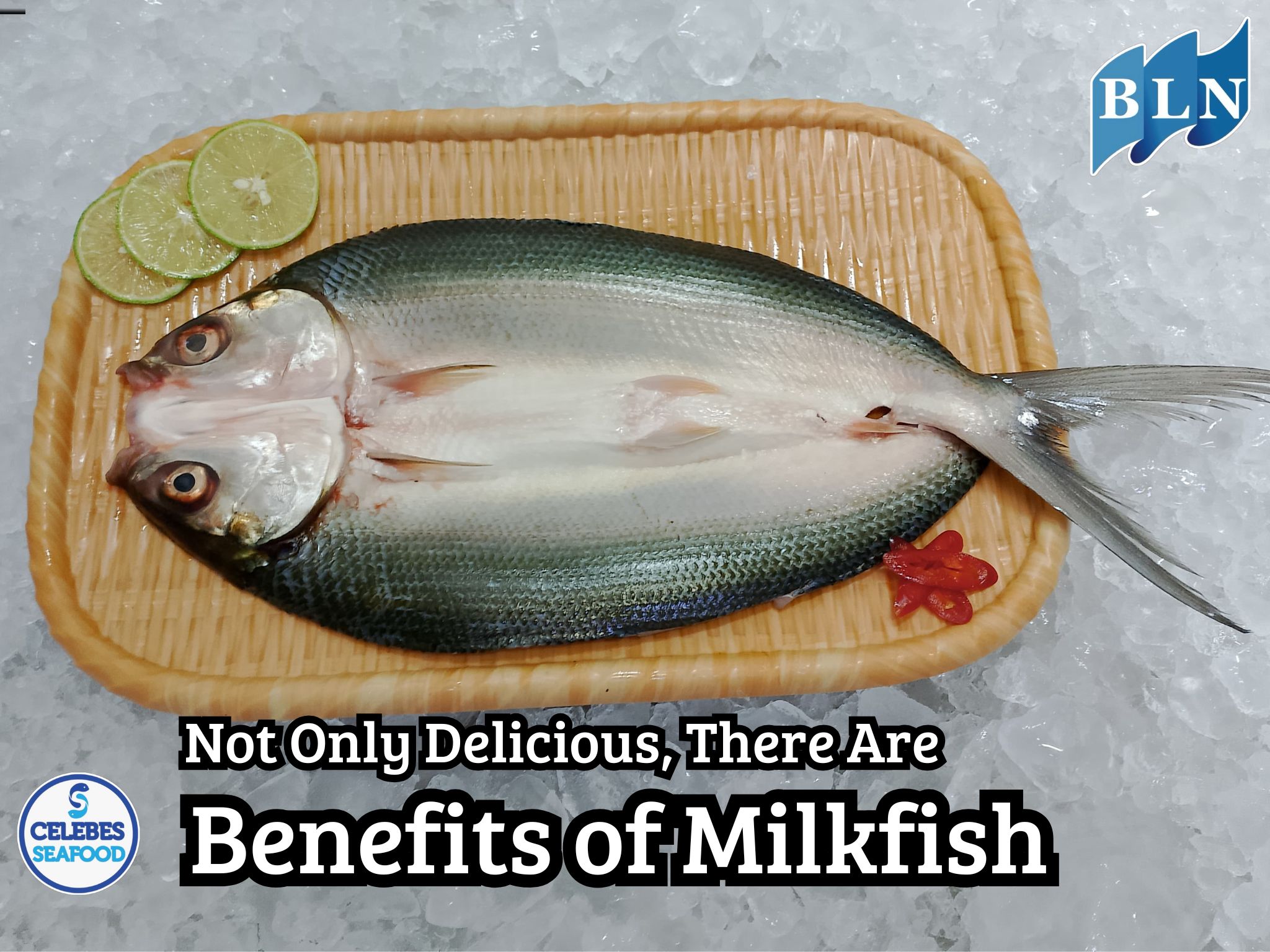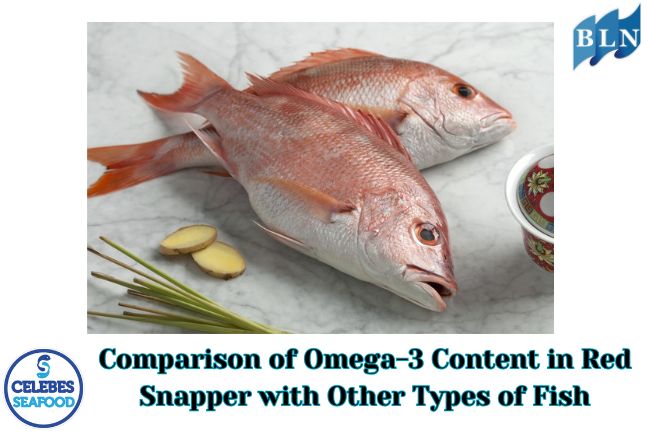Factors Affecting Indonesia’s Fisheries Export Volume
By. Amma - 11 Apr 2025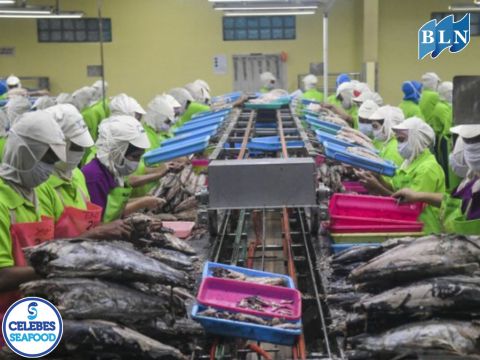
lautnusantara.com Here are some key categories of factors to consider, with emphasis on their relevance to Indonesia and potential linkages to South Sulawesi:
1. Global Economic Factors and International Markets:
- Prices of Fishery Products in Global Markets: Fluctuations in the prices of key fishery commodities such as shrimp, tuna, grouper, and seaweed in international markets (e.g. Japan, United States, European Union, China) will greatly affect the export attractiveness of Indonesian products, including from South Sulawesi.
- Rupiah Exchange Rate against Major Currencies: Changes in the Rupiah exchange rate against USD, EUR, JPY, and currencies of other export destination countries will affect the price competitiveness of Indonesian fishery products. Rupiah depreciation tends to increase competitiveness, while appreciation can reduce it.
- Demand from Export Destination Countries: Economic growth, per capita income, and consumer preferences in major importing countries will determine the level of demand for Indonesian fishery products.
- Inflation in Export Destination Countries: The level of inflation in importing countries can affect consumer purchasing power for fishery products.
- International Transportation and Logistics Costs: Shipping, insurance, and logistics costs from production centers in Indonesia (including ports in South Sulawesi such as Untia Fisheries Port) to export destination countries will affect price competitiveness.
- Tariffs and Trade Barriers: Import tariff policies, quotas, and non-tariff barriers (sanitation standards, certification) implemented by importing countries will affect market access and export volumes.
2. Production and Supply Factors in Indonesia
- Capture and Aquaculture Fisheries Production Volume: The availability and fluctuation of fisheries production in key areas such as South Sulawesi (e.g. production of tiger prawns, tuna, grouper, seaweed) will be the main determinants of export volumes. Factors such as season, capture/aquaculture technology, and resource management will play a role.
- Quality of Fisheries Products: The quality standards of fisheries products produced in Indonesia, including from South Sulawesi (freshness, size, disease-free, nutritional content), must meet export market requirements.
- Fisheries Infrastructure: The availability and quality of infrastructure such as fishing ports (in Makassar and other areas in South Sulawesi), cold storage, processing units, and transportation systems in South Sulawesi will affect export efficiency and volume.
- Sustainability of Fisheries Resources: Sustainable fisheries practices in South Sulawesi will ensure the availability of resources for long-term exports and meet the demands of an increasingly environmentally conscious market.
3. Indonesian Government Policy and Regulation Factors:
- Fishery Export Policy: Government regulations related to export permits, export incentives, export bans on certain types, and support for the fisheries sector will affect export volumes.
- Quality and Food Safety Standards: Implementation and supervision of quality and food safety standards (such as HACCP, GMP) in fisheries processing units in South Sulawesi will affect export market access.
- International Trade Agreements: Indonesia's participation in free or preferential trade agreements will open up market opportunities and affect export volumes to partner countries.
- Infrastructure and Logistics Support: Government investment in fisheries infrastructure and logistics in production center areas such as South Sulawesi will facilitate exports.
4. Other Factors:
- Natural Disasters and Climate Change: Natural events such as storms, floods, or climate change can affect fisheries production and export logistics from regions such as South Sulawesi.
- Pandemics and Global Crises: Global events such as the COVID-19 pandemic can disrupt supply chains, market demand, and export volumes.
- Trade Promotion and Diplomacy: Efforts by the government and business actors to promote Indonesian fisheries products in the international market will affect export demand and volumes.
If you are interested in our product Goldband Snapper Fillet Skin On, Goldband Snapper Fillet Skinless please do not hesitate to contact us through email and/or whatsapp.
